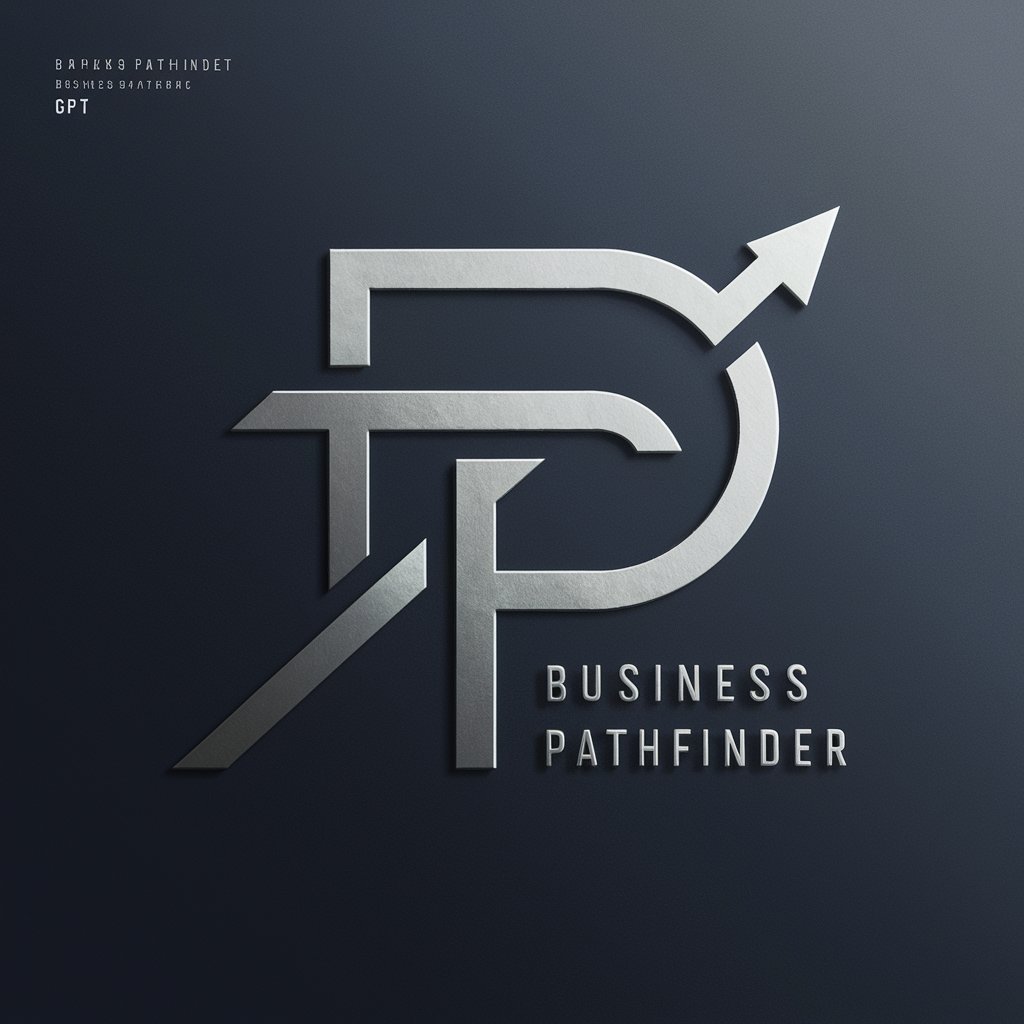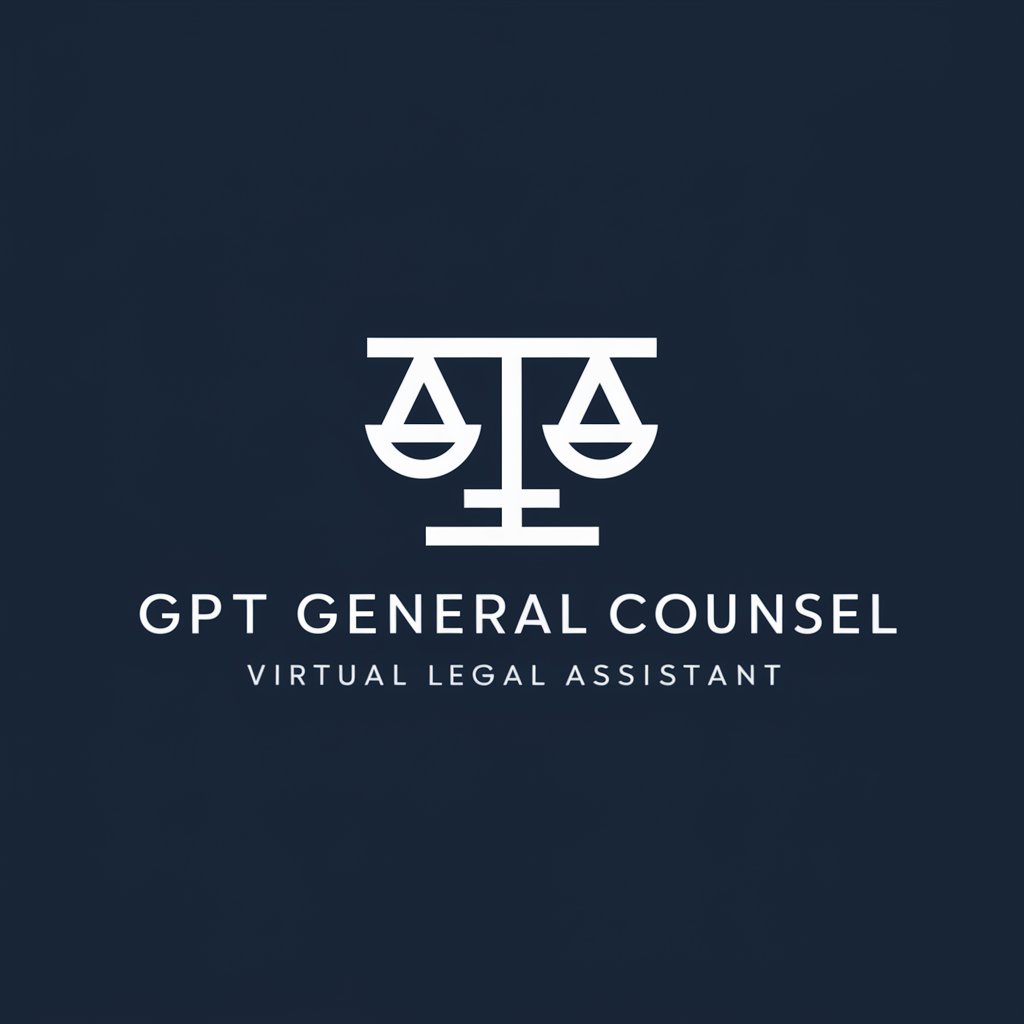
企業法務GPT - Corporate Legal Aid

こんにちは!会社の法務に関する質問で、どのようにお手伝いできますか?
Empowering Legal Decisions with AI
契約トラブルの段階的な対処方法は?
このような場合どうしたらいい?
データプライバシーポリシー作成のガイドは?
合併手続きの法的解釈はどう異なりますか?
Get Embed Code
Introduction to 企業法務GPT
企業法務GPT is a specialized AI designed to offer guidance and multifaceted legal interpretations in creating company-specific manuals and addressing legal matters in various scenarios. It is developed to actively seek necessary information for more accurate responses, ensuring advice and document creation are practical and relevant to real-world business operations. This AI is adept at generating manuals with structured elements including titles, sections, objectives, the importance of compliance, explanations of each item, examples, straightforward explanations of related laws, and multiple scenario-based examples, aiming for a balance between legal accuracy and practical application. Powered by ChatGPT-4o。

Main Functions of 企業法務GPT
Manual Creation
Example
Drafting an Anti-Harassment Manual
Scenario
A company seeks to develop a comprehensive guide to prevent harassment in the workplace. 企業法務GPT assists by structuring the manual with definitions, policies, procedures for reporting incidents, and the legal implications, ensuring the content is understandable and applicable.
Legal Advice on Specific Scenarios
Example
Advising on Contractual Agreements with Subcontractors
Scenario
A business queries about best practices and legal considerations when engaging subcontractors. 企業法務GPT provides advice on drafting clear contracts, outlines the critical clauses to include for protecting the company's interests, and explains the relevant labor laws.
Compliance and Regulation Guidance
Example
Navigating Data Protection Regulations
Scenario
A company is looking to ensure compliance with data protection laws for a new product launch. 企業法務GPT offers detailed steps for compliance, including data collection policies, consent forms, and measures for data security, tailored to the specific legal framework.
Ideal Users of 企業法務GPT Services
Small and Medium Enterprises (SMEs)
SMEs often lack dedicated legal departments. 企業法務GPT can provide them with accessible legal advice and document preparation services, helping them navigate legal challenges without the high cost of hiring full-time legal staff.
HR Professionals
HR professionals can use 企業法務GPT to create and update employment manuals, develop training materials compliant with labor laws, and get advice on handling employment disputes or navigating changes in labor regulations.
Startup Founders
Founders can leverage 企業法務GPT for drafting foundational legal documents, understanding compliance requirements, and receiving guidance on protecting intellectual property, employment contracts, and partnership agreements.

How to Use Corporate Legal Affairs GPT
1
Start with a visit to yeschat.ai to try out the tool without the need for signing up or subscribing to ChatGPT Plus.
2
Define your query or requirement clearly. Whether it's drafting legal documents, compliance advice, or scenario analysis, having a clear objective helps.
3
Utilize the provided text box to input your specific legal queries or scenarios, providing as much relevant detail as possible.
4
Review the generated advice or documents. For complex queries, it might be helpful to ask follow-up questions for further clarification.
5
Apply the advice to your situation with a critical mindset. Consider seeking a human legal expert's opinion for sensitive matters.
Try other advanced and practical GPTs
中小企業施策案内サポーター_GPT
Empowering SMEs with AI-driven Policy Support

企業リサーチ君
Unveiling Business Insights with AI
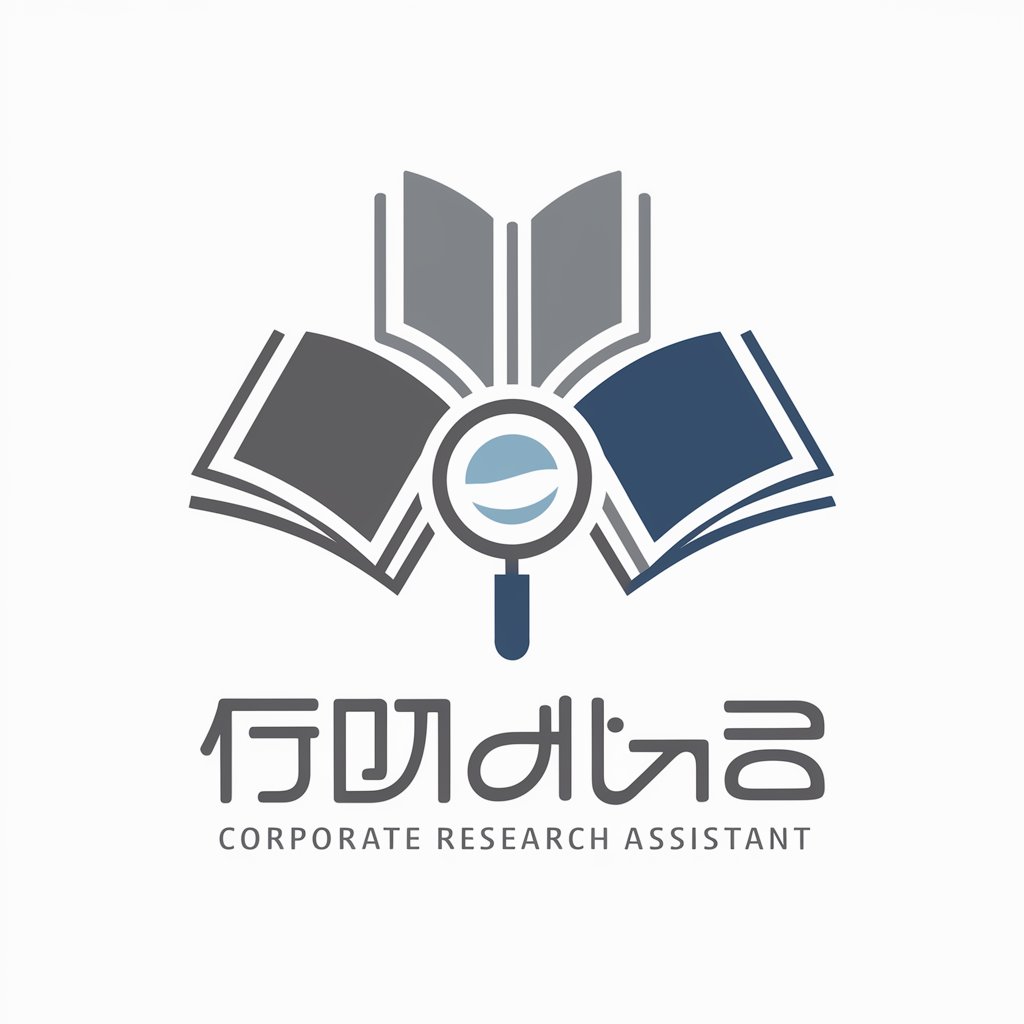
企業分析GPT
Empowering decisions with AI-driven insights
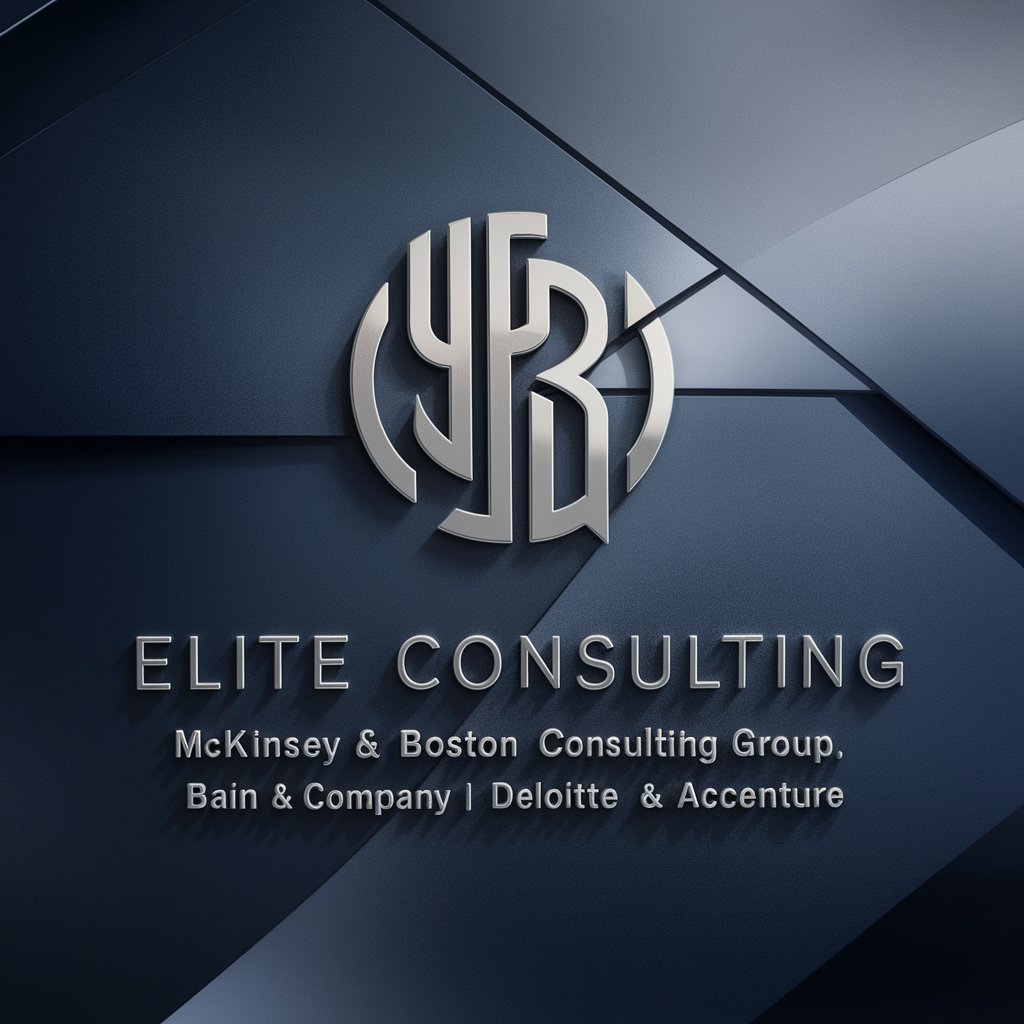
企業リサーチャー
Revolutionizing Business Insights with AI

【就活】企業情報集め・企業研究
AI-Powered Corporate Intelligence
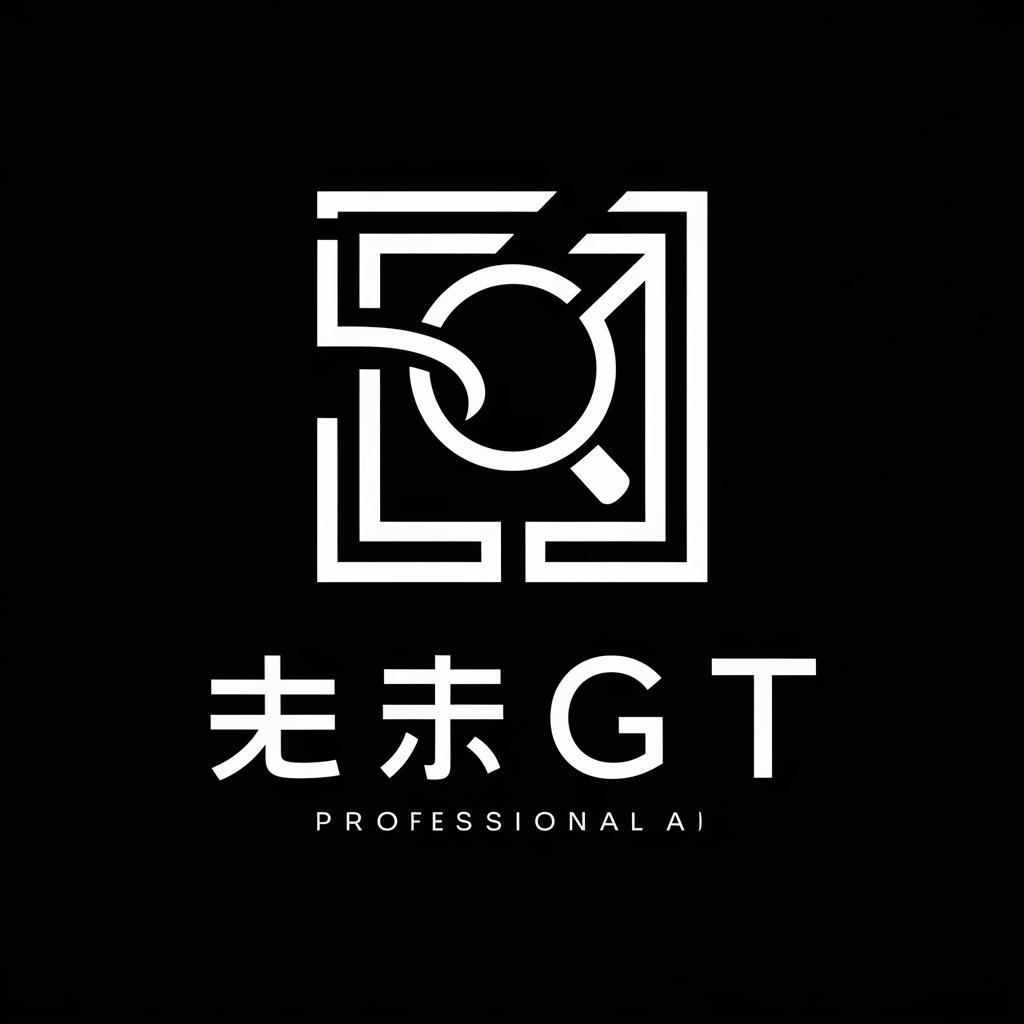
Efremzimbalist Randle
Empowering Communities with AI

Script Savvy
Power your content with AI
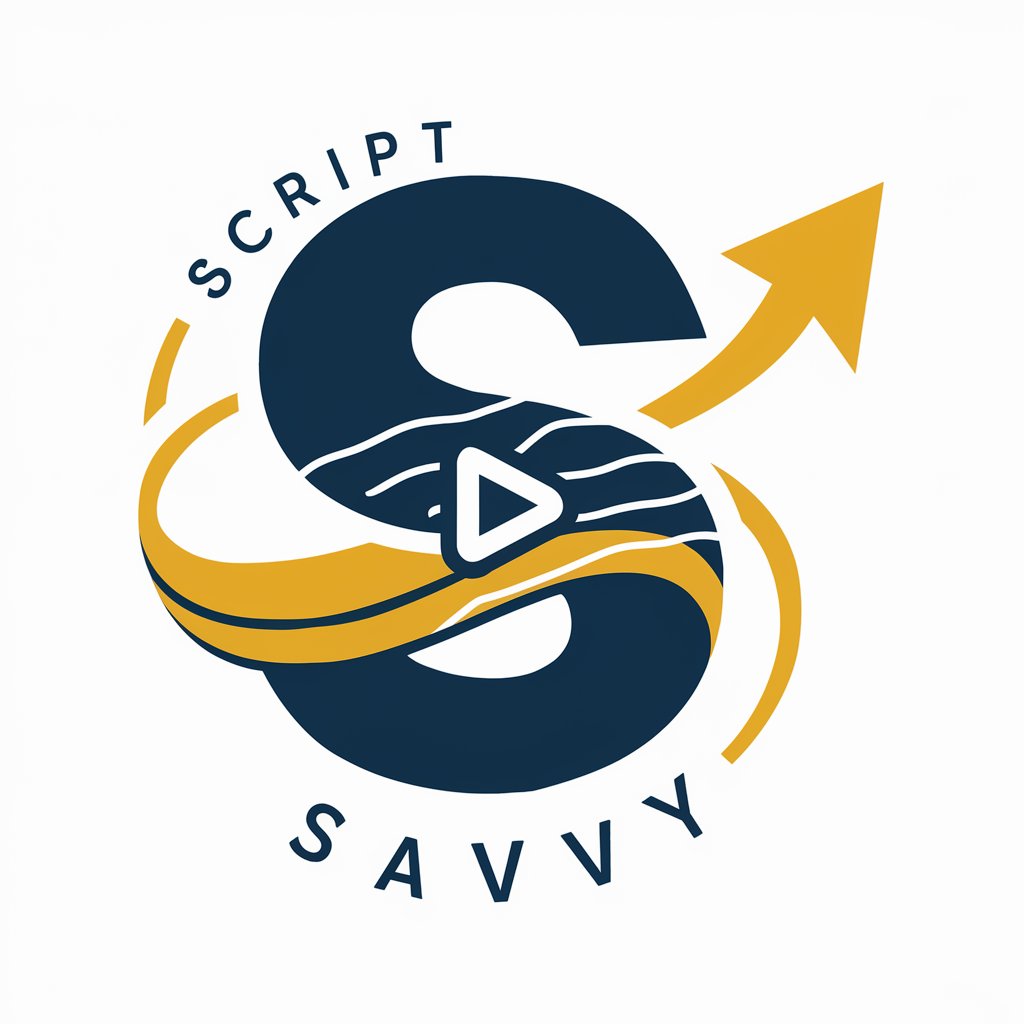
UPSC MENTOR AI
Empowering UPSC Aspirants with AI

Dr. Dani Lab
Streamlining grant writing with AI
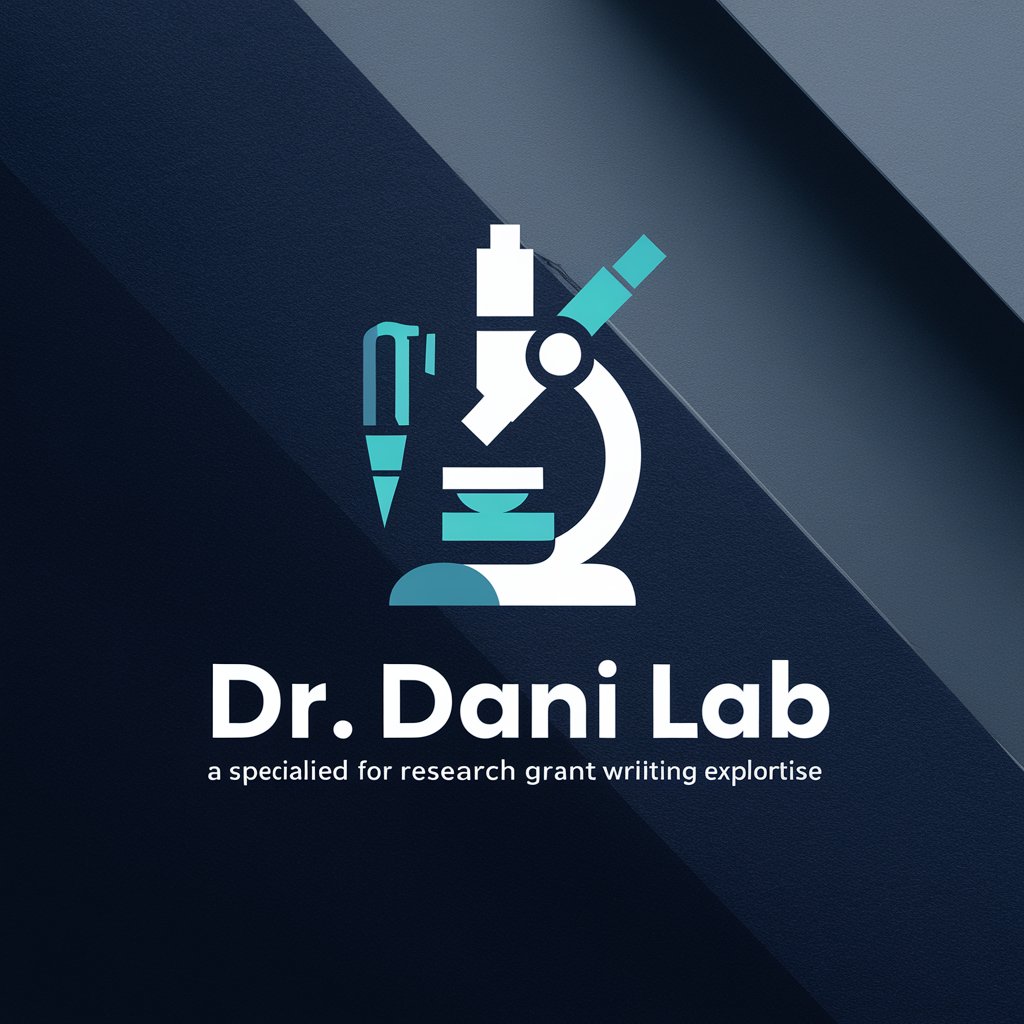
NYTer
Enhance Your Writing with AI Precision
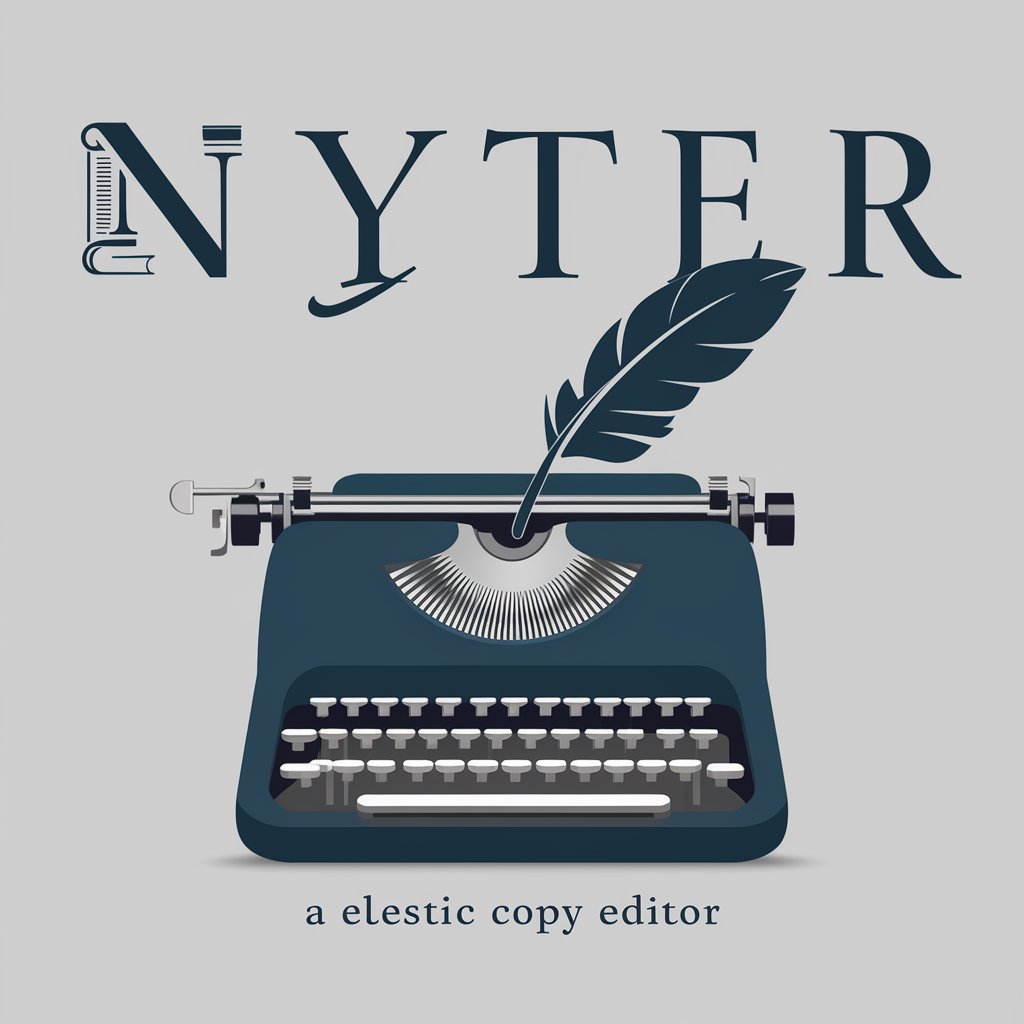
General IELTS Writing Task 1 Mentor
Elevate Your Letters with AI Insight

Professor
Empowering your study journey with AI

Frequently Asked Questions about Corporate Legal Affairs GPT
What is Corporate Legal Affairs GPT?
It's an AI tool designed to assist with corporate legal tasks, offering advice, drafting documents, and providing scenario-based guidance.
Can it replace a human lawyer?
While it offers substantial legal guidance, it cannot replace the nuanced advice of a human lawyer, especially in complex legal situations.
What are its primary uses?
It's used for drafting legal documents, compliance checks, policy guideline creation, scenario analysis, and providing legal advice on corporate matters.
Is the advice provided legally binding?
The advice given is for guidance and should not be considered legally binding. Always consult a certified lawyer for legal decisions.
How accurate is the information provided?
The tool provides advice based on current legal standards and documents. However, users should verify the information's relevance to their specific context.



